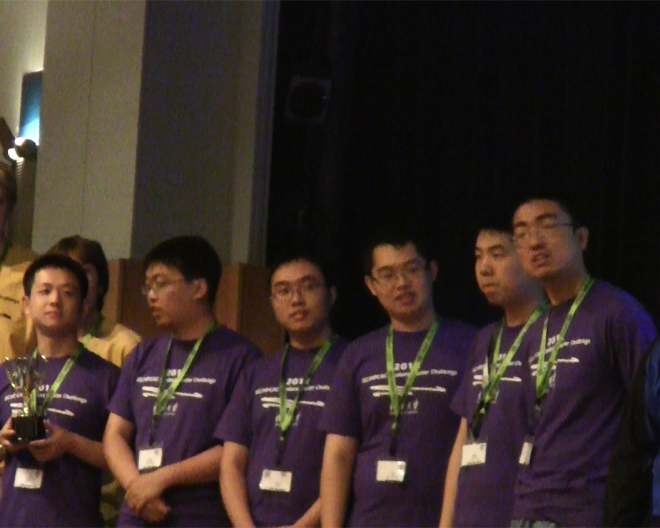I recently wrote about how a bad round of software testing cost Wall Street trading firm Knight Capital an estimated $440 million – enough to almost put the company out of business. In that article, I speculated that Knight might be bailed out if the SEC allowed them to unwind the trades, basically taking a mulligan on the 45-minute debacle. Turns out that ain’t gonna happen. (Insert mea culpa here: I also mistakenly reversed the terms ‘bid’ and ‘ask’ in that story. Which is shameful, given that I have both graduate and undergraduate degrees in finance. I am a constant disappointment to myself and everyone around me. That said, on with the story.)
Knight was left squirming on the hook by US regulators and subsequently forced to find money to cover the losses from third parties. In return for floating Knight $400 million, six other Wall Street firms will be paid a 2% preferred stock dividend and, if they like, be able to convert those preferred shares into enough common stock to own 75% of the company – a pretty sweet deal for a company that was a solid market player before last Wednesday.
Tyler Durden’s blog posts at Zerohedge have been both fast and solid on this story. Here he posts some of the highlights from an interview with Knight CEO Tom Joyce. One of the quotes from Joyce: “We have to do a better job on our testing environment.” Yeah, I think I’d make that a priority, or at least move it farther up the list. It’s an understatement of such magnitude that I’m at a loss to come up with an apt comparison. Maybe if Napoleon had said, “We need to do a better job of scouting out our enemies” after Waterloo? But I’m drawing a blank right now.
So what happened IT-wise with Knight Capital?
Read More
